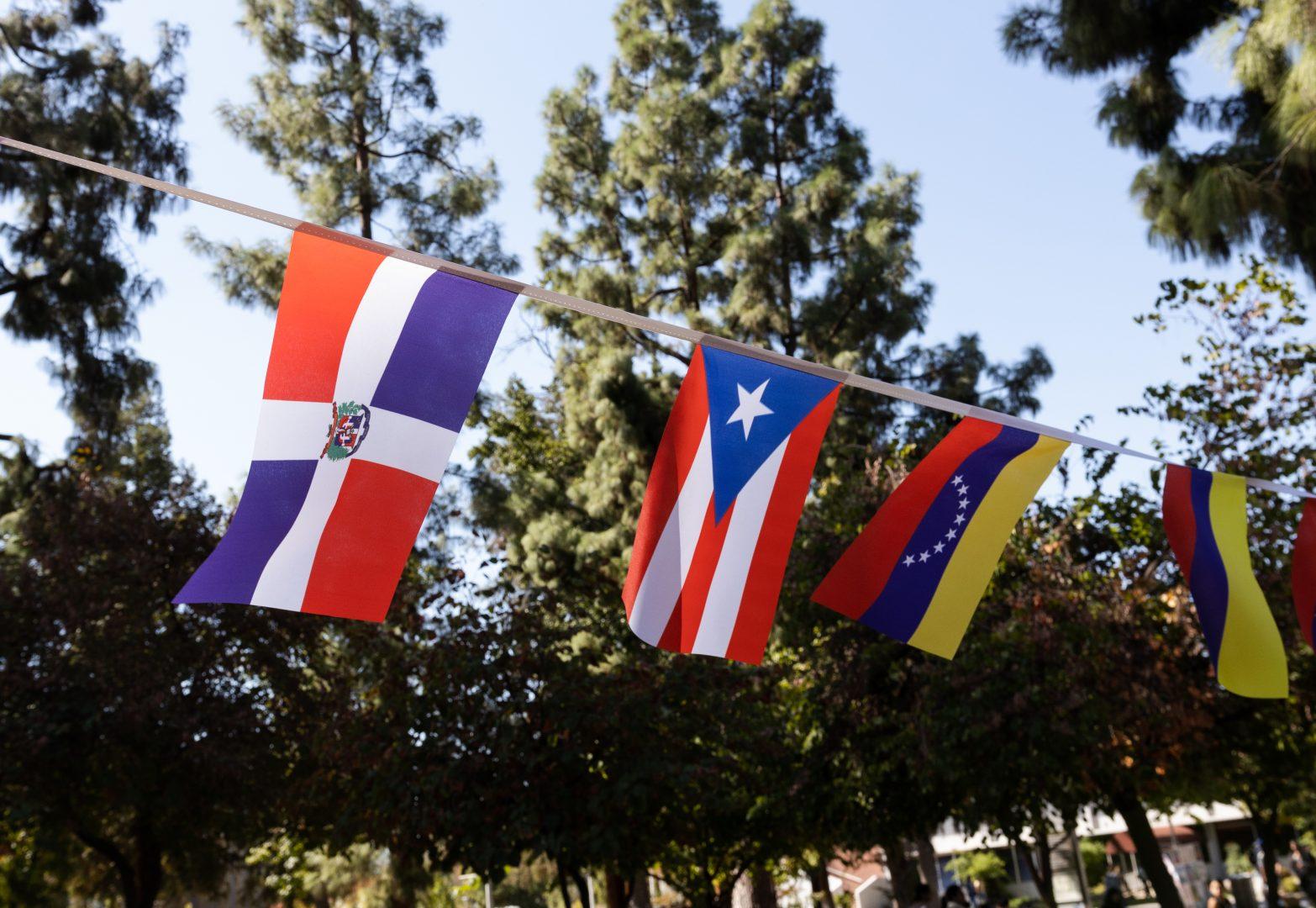When I was growing up, my mother would often tell me, “You’re Mexican. Don’t ever say you’re Hispanic.” As a child, I wasn’t sure what she meant, but I trusted my mom.
Growing up with a Latina mom, who had a master’s degree from Fresno State in social work, meant hearing a vast amount of information that I wouldn’t understand until I was much older.
My mother would try to explain to me that the word Hispanic was a made-up term that stripped away our identity.
It wasn’t until my first semester at Fresno State that my professor for a class called Stereotypes in Media went into a deep explanation as to why many, including herself, found the word Hispanic to be offensive.
That lesson sparked my belief that Hispanic Heritage Month should be renamed to Latinx Heritage month. But in order to explain why, we have to first acknowledge and address all of the terminologies that exist to describe people from or tied to Latin American countries.
The terms Latino or Latina include those from Latin America, including people from Brazil, but not Spain.
“Latino” can be dated back to the 19th century and is short for “Latino Americano.” According to Ramón A. Gutiérrez, professor emeritus of United States history at the University of Chicago, the term is a result of what happened between 1808 and 1821 as Latin American countries became independent.
Chicano and Chicana came from the term Mexica (Mee-she-ca). The Mexica were an Indigenous people who ruled the Aztec Empire.
It was in the 1960s that the term Chicano became popular due to the Chicano movement, a time when people were trying to go back to the history of their ancestors while also acknowledging being American and all of the struggles that came with being both.
When it comes to how people use the term Hispanic, I don’t want to assume that people mean it in a derogatory way. In fact, most use Hispanic because it refers to people with a Spanish language background.
However, when you look at how the term originated and what it was used for, that is when I start to have a disliking for the term and find it offensive.
The term Hispanic was first created and used by the United States government in the 1970’s under the presidency of Richard Nixon.
It was used to track the growing population of Spanish speakers, which leads to another issue: it leaves out those who don’t speak Spanish but are from Latin America, including indigenous peoples.
Aside from being a made-up word created by a white democracy, it groups together Spanish speakers as one single race and erases the identity and diversity of all of our different cultures and ethnic groups.
Hispanic was created specifically for the census, which is an official count or survey of a population, typically recording various details of individuals.
A sociology professor at UC Berkeley, G. Cristina Mora, has written that Hispanic was helpful for the census because it “seemed more American.”
“In the late 1960s and early 1970s, as people in the Census Bureau and bureaucrats in the Nixon administration were thinking about what this new group would be called, Hispanic became a term that people thought would probably be well-known because it was linked to Hispano,” Mora said.
But the biggest issue for myself and many others is that the term Hispanic ties us to our colonizers: Spain.
I view the term Hispanic as extremely broad and empty, taking away the beauty and fullness of the multiplex of differences in all of our unique ethnicities, and once again whitewashing who we are.
Today, the term Latinx (pronounced Latin’ ex) is used mostly by the younger generation, but Latine is also becoming very popular.
Latinx emerged as a gender-neutral term, due to the Spanish language being largely gendered-based. The term includes those who identify as nonbinary, meaning someone who does not identify exclusively as a man or a woman. Latinx is inclusive of all people regardless of their pronouns and gender.
It is important that I mention that the term Latinx has also faced criticism, which leads some people to prefer the term Latine (pronounced Laitin’eh).
For some, the term Latinx leaves out Spanish pronunciation, leading to the preference for Latine, which is more attached to our ethnicity while still being inclusive.
Changing the name from Hispanic Heritage Month to Latinx or Latine Heritage Month is another step toward healing from the traumas of colonization.
When we choose to use language and terms that are inclusive, rooted in our culture and attached to a healthy identity and future, we can move another step forward from the past.
At the end of the day, if you use Latinx you should not assume that everyone else is OK with that term, and one’s own choice of how to identify them is what is most important.
Language is always changing. We are in a state of flux, and it’s crucial that we are not dogmatic about it.
Regardless of what term you choose, be aware, be respectful, and always be proud to be Latina, Latino, Latine, Latinx, Chicana, Chicano or Chicanx.




